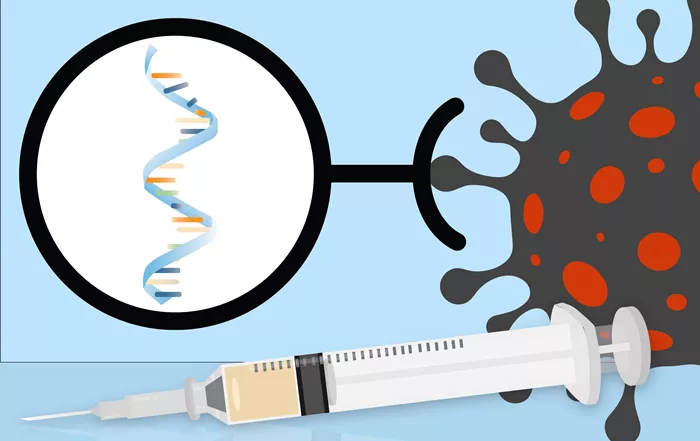A personalized mRNA vaccine may reduce the risk of pancreatic cancer returning after surgery, according to a promising preliminary study published in Nature on Wednesday.
Pancreatic cancer is known for its aggressiveness, with a typical survival rate of only about one year following diagnosis. However, the new findings suggest that the mRNA vaccine could offer hope for long-term survival by reducing recurrence.
While the vaccine is still in the early stages of development, the results are encouraging. It could take several more years before it becomes widely available, depending on the success of ongoing trials, says Dr. Vinod P. Balachandran, the lead investigator of the study.
The trial, which involved 16 patients, showed that half of them developed a strong immune response to the vaccine. Those who responded remained cancer-free for more than three years, a significant improvement compared to those who didn’t show an immune response.
The vaccine works by stimulating T cells, a type of immune system cell, to target and attack cancer cells. Researchers were unable to track tumor shrinkage due to prior surgery, but they observed that the vaccine prompted long-lasting T cells that may continue to combat cancer for years.
“This study presents a promising approach to creating long-lasting immune responses,” said Dr. Balachandran. “It has been difficult to achieve immune responses in pancreatic cancer, so this is a major breakthrough.”
A larger-scale trial is already underway to confirm the initial results. If successful, this approach could open doors for new treatments or preventive measures for pancreatic cancer and other advanced cancers.
Dr. Balachandran emphasized that the findings could provide valuable insights for the development of vaccines for various cancers, both as a preventative tool and as a potential treatment for advanced disease.
Read more:
- Bird Flu Concerns: Is It Safe To Eat Chicken, Eggs, And Milk?
- Coconut Oil-Based Supplement Shows Promise In Improving Heart Health For Rare Condition
- Recreational Exercise Linked To Lower Type 2 Diabetes Risk, Study Finds


